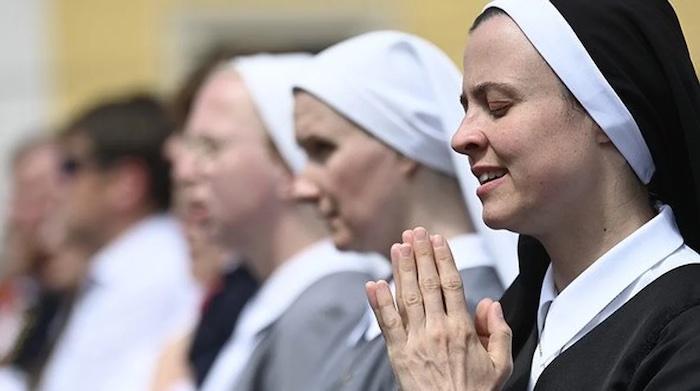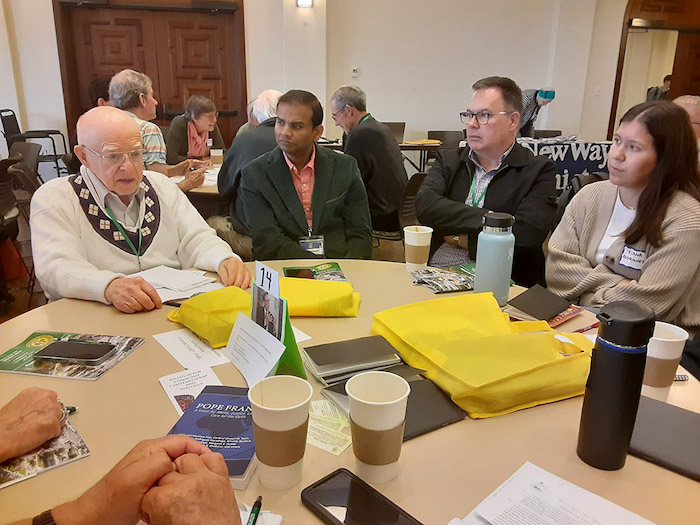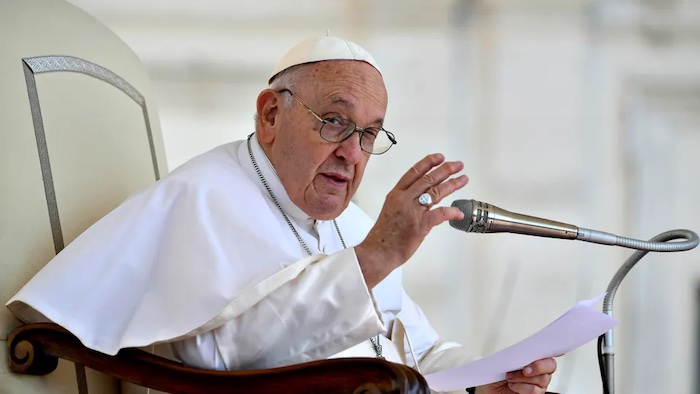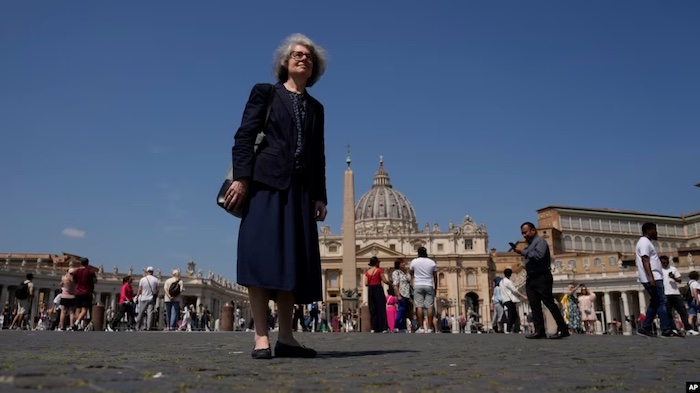— Many if not most Catholics think women deacons are called for.
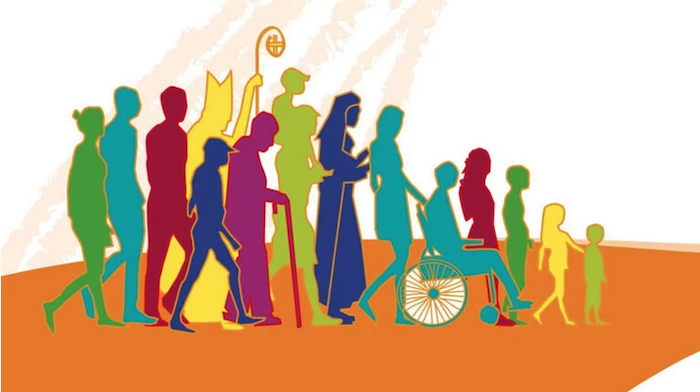
You may have heard that the Catholic Church is holding a worldwide Synod on Synodality, aimed at getting everybody together to talk about church. The object of all the gatherings — all the talking and praying — is for folks to understand the church’s mission. That is, to think about how to spread the Gospel in the most effective manner for their cultures.
The process began in October 2021 at the local level, with dioceses and groups eventually sending reports to Rome. Then, Rome sent a “Document for the Continental Stage” to seven continental assemblies (Africa and Madagascar; Asia; Europe; Latin America and the Caribbean; Oceania; the Middle East; and North America) and synthesized their responses.
In June, the Synod Office published what is called the “Instrumentum Laboris,” or working document for the meeting to be held in the massive Paul VI Audience Hall in Vatican City in October. Soon after, the list of nearly 450 synod participants appeared, some 364 of which are voting members; others are experts or facilitators.
In addition to Pope Francis, among voters and non-voters alike there will be some 273 bishops, 67 priests, 37 non-ordained men and women religious, 70 other lay men and women, and one deacon, Belgian Deacon Geert de Cubber.
You would not know from the list that de Cubber is, in fact, an ordained deacon. He is listed as “Mr.” not “Rev. Mr.” or “Dcn.,” as is the general custom. There are a few other mistakes. San Diego Cardinal Robert McElroy’s name is spelled incorrectly. Two priests, the Rev. Eloy Bueno de la Fuente (Spain) and the Rev. Eamonn Conway (Ireland) are not noted as such. There may be a few other minor errors here and there. There may even be another deacon or two, but most probably not.
There were several deacons in the various synod processes, from parish and diocesan efforts to the national and continental levels, but that there is only one deacon in the entire assembly speaks volumes. After all, carrying the Gospel is a major diaconal task both literally and figuratively.
During Mass, the deacon carries the Gospel book and proclaims the Gospel reading and often preaches. Deacons, too, are most often connected with the church’s charity and social services.
Diaconal ministries are notably undertaken by women, and in 2016 the International Union of Superiors General, the organization of the heads of women’s religious institutes, asked Francis to examine restoring the abandoned tradition of ordaining women as deacons.
Two pontifical commissions prepared private reports for Francis on that question.
Now, according to the Instrumentum Laboris, “Most of the Continental Assemblies and the syntheses of several Episcopal Conferences call for the question of women’s inclusion in the diaconate to be considered.”
About this, it asks, “Is it possible to envisage this, and in what way?”
Many if not most Catholics think ordination is called for. But that battle has been going on for a long time.
The International Theological Commission, which advises the Dicastery for the Doctrine of the Faith, prepared reports on women deacons in 1997 and in 2002. The first reportedly determined there was no doctrine against ordaining women as deacons, but it never appeared: The prefect at the time, Cardinal Joseph Ratzinger (later Pope Benedict XVI), refused to sign it.
The second report, while it attempted to shut down the discussion with uncited passages from a book by Munich professor, Father Gerhard L. Müller, concluded that ordaining women as deacons was a question for the church’s “ministry of discernment.” Müller followed Ratzinger as CDF prefect.
Discernment is a big word in synodality. But who is discerning what for whom? The people of God agree that the mission of the church is to carry the Gospel to the world. That task is the principal duty of the deacon. And the people of God seem to think ordaining women once again for that task is a good idea.
Complete Article ↪HERE↩!

